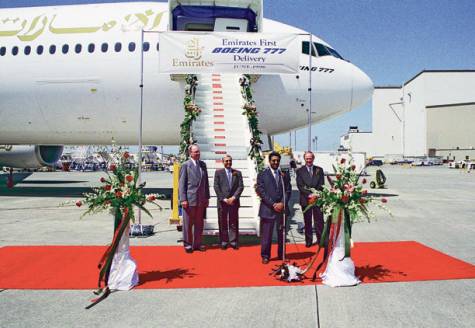Here are the main developments since the eruption, a week ago, of a volcano in Iceland, which paralysed air traffic throughout Europe:- Wednesday, April 14: The Eyjafjoell volcano, situated under the Eyjafjallajokull glacier in southern Iceland, starts spewing a cloud of ash, which rises to an altitude of 9,000 metres (30,000 feet) in the air.
The eruption causes numerous earthquakes in the region, along with flooding. Some 800 people are evacuated.
Norway announces that it is grounding flights over the north of the country.
- Thursday, 15: The enormous cloud of ash paralyses air traffic in northern Europe, prompting the progressive closure of airspace in Britain, Ireland, Denmark, the Netherlands, Sweden and Belgium.
According to the intergovernmental Eurocontrol air safety agency from 5,000 to 6,000 flights have been cancelled in Europe.
- Friday, 16: The paralysis of air traffic spreads throughout Europe. 23 airports are closed in northern France. Icelandic air traffic is one of the few to be totally spared.
Millions of passengers remain stranded throughout the world, some of whom try to get to their destination by ground or sea.
- Saturday, 17: Air traffic in 21 European countries remains paralysed. Almost 17,000 out of 22,000 scheduled flights are cancelled in Europe, an unprecedented situation.
- Sunday, 18: In Europe 313 airports are paralysed, 80 percent of the European network affected. Some 6.8 million passengers are stranded throughout the world, according to the Airports Council International (ACI).
European airlines carry out test flights, without passengers. They press the authorities to reopen airspace.
Numerous foreign leaders, including US President Barack Obama, France's Nicolas Sarkozy and German leader Angela Merkel pull out of attending the funeral in Krakow, southern Poland, of Polish president Lech Kaczynski.
- Monday, 19: IATA (the International Air Transport Association) strongly criticises the way the crisis has been handled and calls for the opening of at least part of European airspace.
Numerous meetings of the UN in Geneva are cancelled or postponed.
European Union transport ministers agree to ease restrictions on flights. Airspace is divided into three zones, of which one is closed to traffic.
- Tuesday, 20: In Europe, flights resume progressively, picking up in the evening.
Experts say that the ash cloud has significantly diminished, but eruptions continue as the volcano spews lava.
In total 95,000 flights have been cancelled since the 15. Apart from tourism, numerous economic sectors are affected throughout the world.
- Wednesday 21: The eruption of the volcano has lost nearly 80 percent of its intensity since the weekend, Iceland's civil protection agency says.












